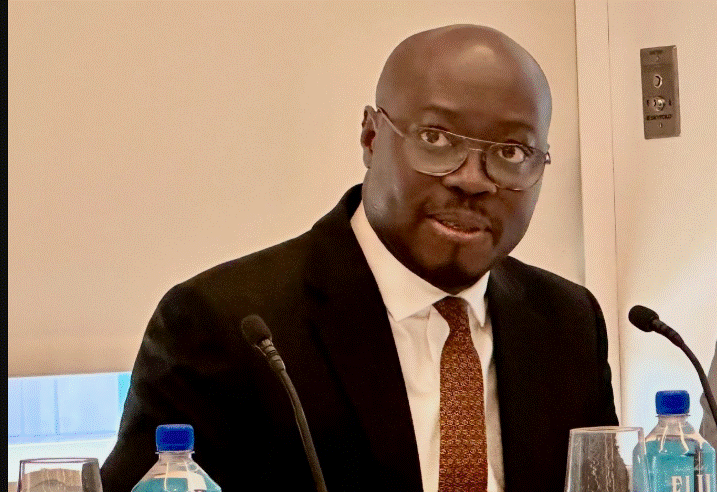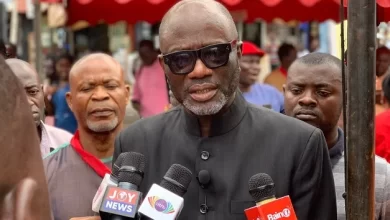
The Finance Minister of Ghana, Dr. Cassiel Ato Forson, has reaffirmed the government’s unwavering commitment to maintaining economic stability and fostering sustainable growth. Addressing a high-level meeting with expatriate investors in Washington, D.C., Dr. Forson outlined an ambitious roadmap to address pressing fiscal challenges while reinforcing transparency and discipline in public financial management.
The Minister’s presentation centered on bold reforms aimed at tackling Ghana’s accumulated government payables and restoring investor confidence. He emphasized the government’s resolve to stabilize the macroeconomic environment and ensure the long-term viability of the country’s fiscal framework.
Key Pillars of the Reform Agenda
1. Auditing Payables and Commitments
At the core of the government’s strategy is a rigorous audit of all outstanding payables and commitments. Dr. Forson revealed that the Ministry of Finance has engaged the Auditor-General and two independent audit firms for an intensive eight-week review of claims.
“This comprehensive audit will ensure the legitimacy and accuracy of payables, enabling us to address irregularities and enhance accountability,” Dr. Forson stated. “The findings will inform corrective actions and set a solid foundation for improved financial management.”
2. Strengthening Commitment Controls
To prevent unauthorized expenditures, the government has introduced amendments to the Procurement Act. Starting April 3, 2025, all government contracts must secure prior commitment authorization from the Ministry of Finance.
“This reform is pivotal for enforcing spending controls and ensuring compliance with the Public Financial Management (PFM) Act,” Dr. Forson explained.
3. Amending the PFM Act and Establishing Fiscal Rules
The Public Financial Management Act, 2016 (Act 921), has been revised to introduce two groundbreaking fiscal rules. The first mandates a reduction in Ghana’s debt-to-GDP ratio to 45% by 2035. The second requires an annual primary surplus of at least 1.5% of GDP.
To ensure adherence, an Independent Fiscal Council has been established, tasked with monitoring compliance and enhancing transparency in public finances.
“These rules are critical for achieving fiscal sustainability and fostering investor confidence,” Dr. Forson noted.
4. Enhancing Compliance and Oversight
To promote fiscal discipline, the Ministry of Finance has operationalized a new Compliance Division. This division, under the leadership of a newly appointed director, will closely monitor how Ministries, Departments, and Agencies (MDAs) adhere to financial commitments.
Additionally, the government plans to launch a Public Financial Management Commitment Control Compliance League Table. This innovative tool will rank MDAs based on their adherence to expenditure controls, fostering accountability and competitiveness.
Assurances to Investors
Dr. Forson concluded his presentation by reiterating the government’s dedication to resolving legacy financial challenges, enforcing spending discipline, and creating a transparent financial ecosystem.
“These measures demonstrate our commitment to stability, accountability, and growth,” he affirmed. “We are resolute in our efforts to rebuild trust and ensure that Ghana remains an attractive destination for investment.”
The Finance Minister’s address received positive feedback from investors, signaling a renewed sense of confidence in the government’s fiscal strategy and its vision for sustainable economic growth.
Story by: Mercy Addai Turkson #ahotoronline.com




